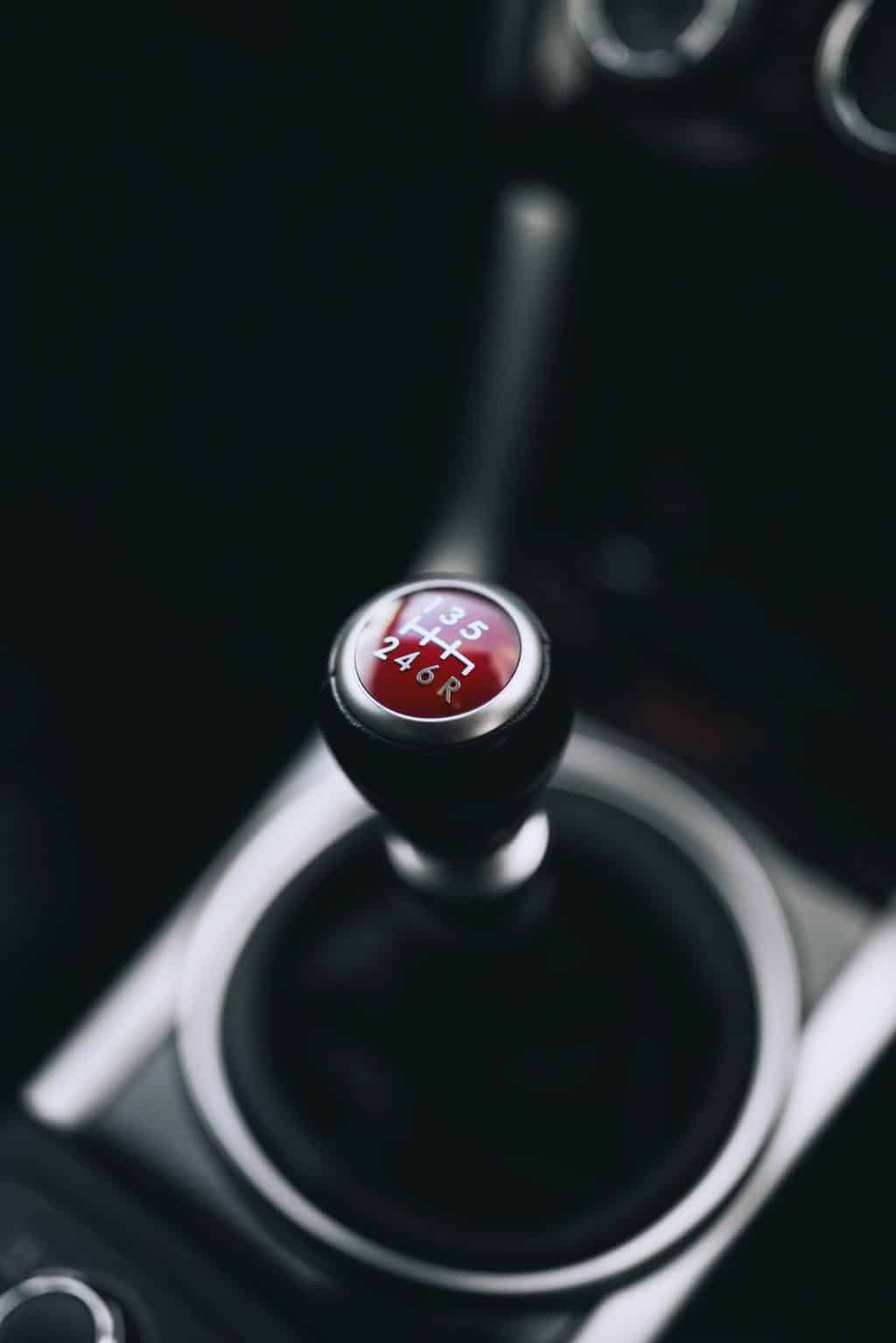One of our girls loves to hand sew doll clothes.
By her own admission, her first few pieces were rather unrefined and sloppy, but she is learning a lot, and each new outfit is progressively better than the last.
The first skirt she made taught her that she needs to sew the wrong sides of fabric together for a polished seam.
The second thing she made taught her that needs to leave a seam allowance when cutting out a pattern, or the garment will be too tight.
She’s also learned that an elastic waist only works when your elastic is shorter than the length of your fabric, that it cannot be stretched out and stitched onto the material, and that button holes will widen if they are not finished properly.
I provided the resources to make the doll clothes – fabric, scissors, elastic and buttons, but she figured out a few basic sewing fundamentals on her own. She will probably never forget to leave a seam allowance again, because she has a personal knowledge of why they are necessary.

We Don’t Have To Be Know-It-Alls
Sometimes we overburden ourselves with the idea that we are responsible for teaching our children everything they need to know.
In a society that teaches us what to think, instead of how to think, it’s easy to believe that knowledge is something that must be imparted by someone else.
We blind ourselves to our children’s value as individual persons, created in the image of God with a capacity to self-educate, when we think that the pathway to success depends on us providing all the information they need to avoid bumps and setbacks.
The Value of Self-Education
Every time we hover, interject, or rescue a child from a challenge by giving them the answer instead of requiring them to work for it, we take away the opportunity for them learn persistence and grit.
Stamina, resilience, and character are important childhood lessons.
The ability to stick with a task (even when it’s unpleasant or hard), brain storm for solutions, and think outside the box, is a much greater indicator of future success than the accumulation of facts that may or may not be advantageous to person’s well-being.
Pressure-Free Learning
I didn’t have my own car when we got married, so I needed to learn how to drive my husband’s Mitsubishi Lancer with a manual transmission so I could get around town while he was at work.
My husband is one of the most patient men I know, and an excellent teacher, but even after many gentle lessons, some with him in the driver’s seat, and some with him in the passenger’s seat, I still didn’t get the hang of engaging the clutch and shifting gears until I got behind the wheel alone.
I needed to get a feel for how it worked on my own time, in my own way, with no pressure (even if it was only perceived).

Freedom To Struggle
Struggling with a problem does not mean a child lacks sufficient intellect; the process of coming up with the correct answer is often just as valuable as the answer itself. It may take longer than we anticipate, but we must not be afraid of giving children time to think in silence.
This is one of the reasons Charlotte Mason advocated for ample amounts of free time to play, explore, wonder, and imagine. Knowledge we come to on our own, by God’s direction, stays with us forever.
“I think we owe it to children to let them dig their knowledge, of whatever subject, for themselves out of the “fit” book; and this for two reasons. What a child digs for is his own possession; what is poured into his ear, like the idle song of a pleasant singer, floats out as lightly as it came in, and is rarely assimilated.”
“Wise and purposeful letting alone is the best part of education.”
Charlotte is not implying that parents should take a hands-off, child-directed approach to education. Scripture clearly states that it is a parent’s responsibility to “train up a child in the way that he should go.” (Proverbs 22:6; Ephesians 6:4)
Instead, she is prescribing plenty of uninterrupted time for children to make personal discoveries. What they learn in their own time, often by trial and error, will be understood more deeply than answers handed to them out of impatience.

Encouraging Self-Education
Of course, this necessitates spreading a “feast of ideas” for our children to chew upon.
A vast supply of living books, regularly replenished; the steady introduction of new handicrafts; uninterrupted time to observe the beauty and detail of God’s great World, and regularly inviting to dinner people who are experts in particular areas of interest are a few of many different ways we can help lead our children to knowledge they make their own.
“Even more important than what or how much you teach, is the attitude you convey as you teach, and the perspective you teach your child in regard to learning. Never give a child the impression that he knows all there is to know on any given subject. Be sure to repeatedly end your teaching sessions (whether formal or informal) by making the child aware that there is much more to learn about every subject, and whatever you just taught him is really only a drop in the bucket.” ~ L. Elizabeth Krueger
Guiding, directing, fostering experiences, exposing new ideas, empathizing when failure causes disappointment – we can help our children love learning and understand self-education to be a lifelong privilege without ever having all the answers ourselves.

